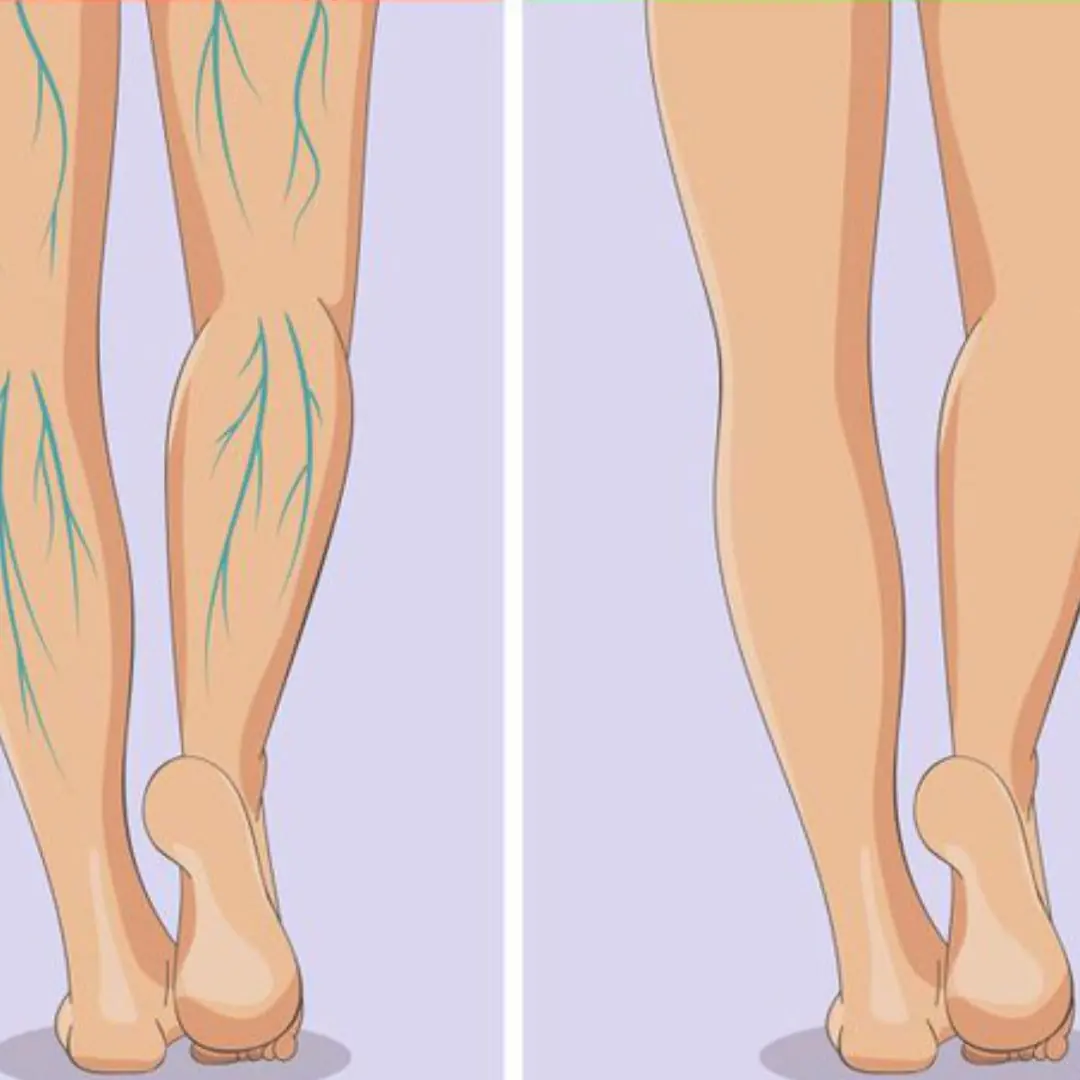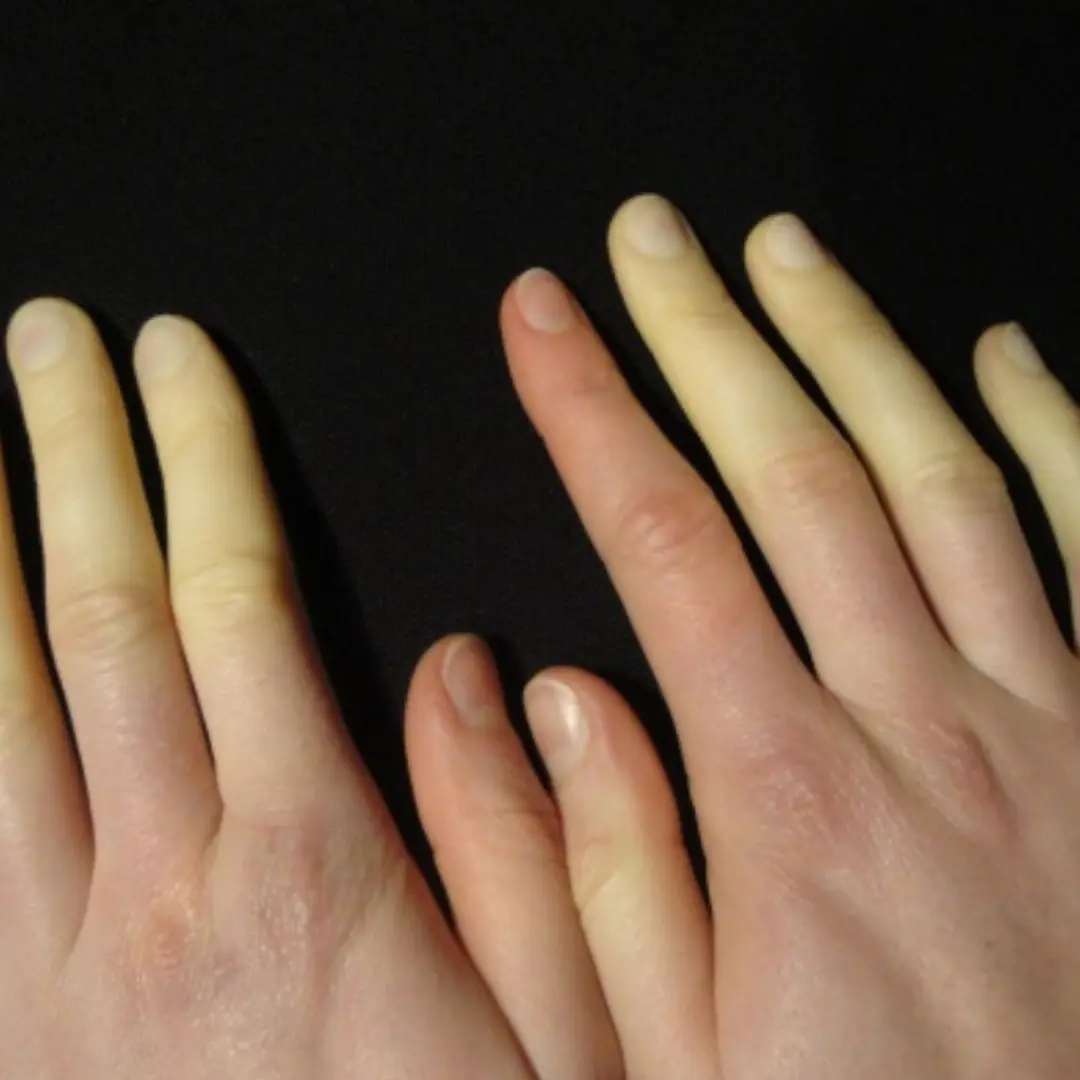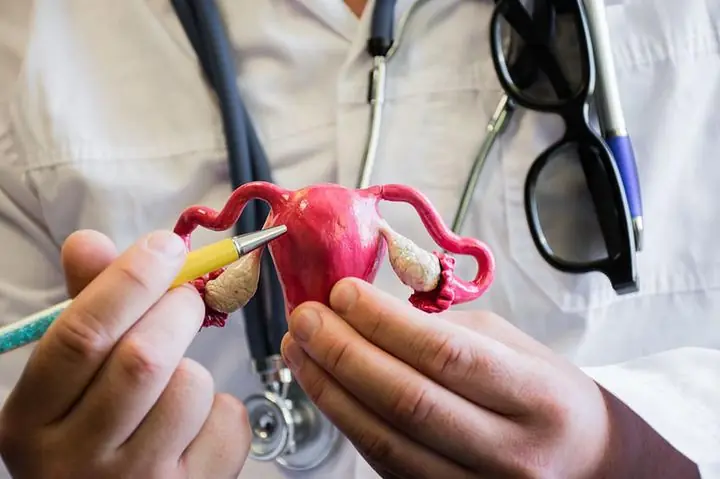
Health Warning: 4 Sleeping Habits That Silently Shorten Your Lifespan
Health Warning: 4 Sleeping Habits That Silently Shorten Your Lifespan
Sleep is an essential activity that allows the body to restore energy and maintain overall health. For women, it is especially important in slowing down the aging process.
Some seemingly harmless sleeping habits can silently harm your health. Going to bed too late, oversleeping, smoking, snacking, or drinking alcohol before bedtime can all increase the risk of cardiovascular disease and shorten your lifespan.
Sleep plays a crucial role in maintaining both physical and mental health. However, many people experience issues such as sleeping too lightly, too deeply, or having sleep durations that are too short or too long. A 2021 study published in the online medical journal JAMA found that both chronic sleep deprivation and oversleeping increase the risk of death. The ideal sleep duration is about seven hours per night.
Not only sleep duration but also bedtime has a significant impact on health. Another study by the University of Oxford, published in European Heart Journal Digital Health in November 2021, recommended that the best time to go to bed is between 10:00 p.m. and 11:00 p.m., which can help reduce the risk of cardiovascular disease.
Researchers have identified several poor sleeping habits commonly found in people with shorter lifespans. These include the following four behaviors:
-
Staying up late
According to research from the University of Oxford, staying awake past the optimal time for rest can seriously affect your health, even if you try to “make up for it” by sleeping in the next morning. Sleeping late increases the risk of heart disease and coronary artery disease. Building the habit of going to bed early and waking up early helps the body start the day feeling alert and full of energy, rather than groggy from sleeping late and oversleeping. -
Snacking and drinking alcohol before bed
People who snack or drink alcohol in the evening often overload their digestive system, leading to long-term health problems. Alcohol is a stimulant that keeps the brain more alert, disrupting the sleep cycle. Even if the body feels tired, alcohol drinkers often have difficulty falling into a deep sleep. -
Sleeping too little or too much
Inappropriate sleep duration can be harmful. Sleeping too little leaves the body tired and lacking energy, while oversleeping can cause sluggishness, body aches, fluid retention, and swelling. Studies show that both sleep deprivation and oversleeping increase the risk of death. -
Smoking before bed
Smoking before sleep negatively impacts sleep quality. Nicotine can reduce total sleep time by 5–8 minutes per night and worsen conditions such as sleep apnea and other sleep disorders.
Sleep accounts for up to one-third of a person’s lifetime. Experts emphasize that quality sleep not only restores physical strength and mental clarity but also plays an important role in maintaining overall health. Chronic sleep deprivation can weaken the immune system, disrupt hormone balance, and increase levels of vasoconstrictor hormones — factors that contribute to high blood pressure, cardiovascular problems, and brain-related diseases.
News in the same category


Your Feet Could Be Revealing Serious Health Issues — Watch Out for These 6 Signs

4 Best-Selling Items on E-Commerce Platforms Exposed to Contain Carcinogens

4 Surprising Changes Your Body Will Experience in Just Half a Year

Not milk or dried shrimp – this is the real “Calcium King” that many people overlook

Man develops 'pork worms' in his br.ai.n after years doing this specific cooking habit

Diabetes can 'show' strange signs in the neck: If you see them, don't ignore them

3 Drinks Called the “Calcium Drainers” But Many People Still Love

4 Surprisingly “Clean” Vegetables with Minimal Pesticides

6 Golden Habits to Help Seniors Reduce the Risk of Cerebral Infarction

Want the Health Perks of Coffee? Here’s the Best Time to Drink It

6 things you should absolutely not do when you have neck and shoulder pain because they destroy bones and joints and are terrible for your stomach

Headache for 5 days, woman suddenly fell to the ground, co.nvulsed, had difficulty speaking

Summer or winter, Japanese people wear socks to sleep — here’s why!

Spot these 10 symptoms? It’s time to see a doctor without delay!

4 Types of Pimples That Could Be a “Disguise” for Can.cer

5 Foods That Become Harmful When Reheated

Women Who Regularly Eat These 4 Dishes Won’t Have to Worry About a Cold Uterus

7 Types of Fish High in Mercury: Limit Them No Matter How Much You Like Them

15 Foods That Are Good for People with Hemorrhoids
News Post

What smell do wasps fear? 4 non-toxic ways to kill wasps

What is the total weig.ht of the 3 animals?

If your breath carries these 4 unusual odors, it could signal hidden illness — don’t ignore the warning signs

Your Feet Could Be Revealing Serious Health Issues — Watch Out for These 6 Signs

When Buying Oysters, Never Choose These 3 Types

Don’t Buy These “4 Types” of Pork Ribs No Matter How Cheap They Are

4 Best-Selling Items on E-Commerce Platforms Exposed to Contain Carcinogens

Just After Changing into My Wedding Dress, My Mother-in-Law Slipped Me a Bankbook and a Haunting Message

4 Surprising Changes Your Body Will Experience in Just Half a Year

Not milk or dried shrimp – this is the real “Calcium King” that many people overlook

Man develops 'pork worms' in his br.ai.n after years doing this specific cooking habit

Diabetes can 'show' strange signs in the neck: If you see them, don't ignore them

3 Drinks Called the “Calcium Drainers” But Many People Still Love

4 Surprisingly “Clean” Vegetables with Minimal Pesticides

3 Lucky Plants That Bring Prosperity and Wealth

6 Golden Habits to Help Seniors Reduce the Risk of Cerebral Infarction

One Part of Chicken Contains Four Times More Cholesterol Than Pork Fat

Sweet Potatoes Are Not Good for These 3 Groups of People

Just hang a handful of these leaves in front of your door - flies and mosquitoes will disappear
